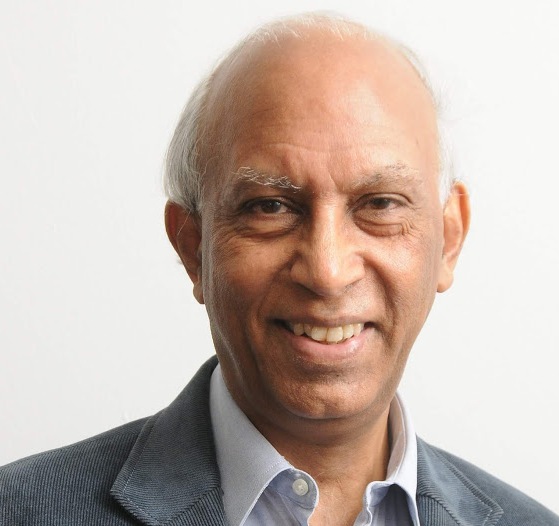
International migration : Part – I
(Dr Ishtiaq Ahmed)
Throughout history and in fact from the time of the human race, the homo sapiens, people have been moving from one place to another, crossing one region to another, surmounting the challenges of seas and oceans, ice, wind and desert. Therefore migration a well as international migration has been an ongoing process.
I have contributed four major research articles for books and peer-reviewed journals based on my research on international migration. In the light of what I wrote let me develop further my argument. In this article we look at international migration from the 15th century onward which has taken place in the background of states and empires.
Let me begin with drawing attention to a harsh fact about the West. European Empires from the 15th century onward began the conquest of the Americas and brought it under their control by the force of arms. That phase was the bloodiest and it nearly wiped out the native populations of North and South America. Millions of Europeans migrated to the Americas. From the 17th century onward the Western powers turned their attention to Asia and Africa. Empires were acquired from the 18th century onward and the 19th century was the high point of European empires.
In Asia and Africa the local populations were defeated and dominated, but they survived in large numbers, while the imperialists were always small in numbers, except in Australia and New Zealand.
European imperialism was preceded by Arab, Roman, Macedonian and Persian inter-continental empires. The European empires were the last of the great expeditions to control the world and determine its functioning in accordance with the will and interest of the conquerors.
Several centuries of domination had been achieved by the force of arms but during those centuries the West itself transformed through the Renaissance, the scientific and industrial revolutions and the rationalist and scientific thought of the Enlightenment. From feudal type societies Western societies became modern industrial societies (I mean, Western Europe, while in central and particularly eastern Europe the pace of change was slow and feeble.)
The Enlightenment’s most significant achievement was that the Bible as the absolute authority about knowledge about the physical and social worlds was superseded by the scientific method requiring evidence to accept truth claims. About spiritual truths religion was left alone to inform believers of what happens after death.
Such this-worldly developments affected positively ideas about government, the rights of citizens and so on. The divine Rights of Kings and other forms of absolutism were called into question by political thinkers such as Machiavelli, Hobbes, Locke, Rousseau and John Stuart Mill and so on. As a consequence, a movement towards democracy and human rights evolved which challenged the status quo of privilege and hierarchy.
Liberalism represented the new middle class ideology of individual freedom, but it was challenged by social liberals and Socialists and a balance between freedom and equality began to be recognized something essential to consolidate stable and robust societies.
Of course there was fierce resistance and the changes did not happen without bloody conflicts. Ultra conservatism and later Fascism and Nazism were challenges from the Right to the democratic ethos of the Enlightenment. Communism was the challenge from the Left to the system of private property and its unequal distribution in society.
World War II brought out in sharp relief the contradictions in the evolution of the West. The imperial West was no longer tenable. That phase ended with the establishment of the United Nations in 1945. Since then acquiring direct physical control over other peoples is illegal under international law.
Not that super powers do not violate such norms of international law; they do but world opinion does not approve of such contraventions of international law. For example, the Bush-Blair onslaught on Iraq was condemned as unlawful by UN Secretary General Kofi Annan. Other examples can also be given.





1 Trackback / Pingback
Comments are closed.